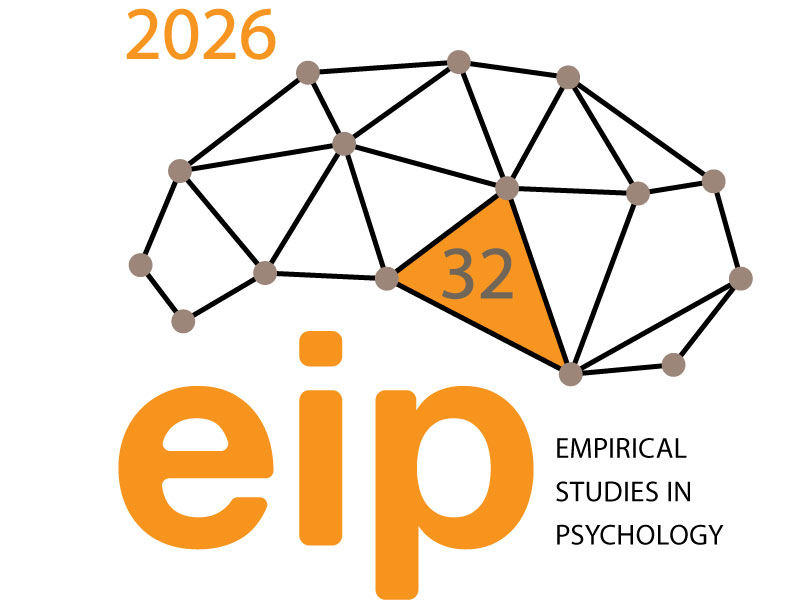Developmental Stability and Change in Allocating Attention in Working Memory
Nelson Cowan, University of Missouri
Working memory is the temporary availability of limited information held in mind and used to carry out various mental activities including, for example, comprehension, reading, math, and problem-solving. What limits our working memory of objects? Does the allocation of attention affect working memory capacity, or vice versa? I examine progress from several recent studies of child development using the probe recognition of colours from a small array. I will discuss a cascade of processing between stimulus and response in which working memory and the allocation of attention have effects on one another in turn, with both kinds of changes important in cognitive development.
|
|
||
 |
Nelson Cowan is the Curator’s Distinguished Professor in the Department of Psychological Sciences at the University of Missouri. He received his undergraduate degree at the University of Michigan in 1973 and his graduate degree from the University of Wisconsin in 1980. He previously served as the editor-in-chief of the Journal of Experimental Psychology: General and has produced two books, numerous articles, and several edited volumes on the topic of working memory, its relation to attention, and its childhood development. His work has been supported by the National Institutes of Health since 1984, and he has written several overall theoretical reviews of his work. He is best known for the embedded processes model of information processing including especially working memory and selective attention. | |
